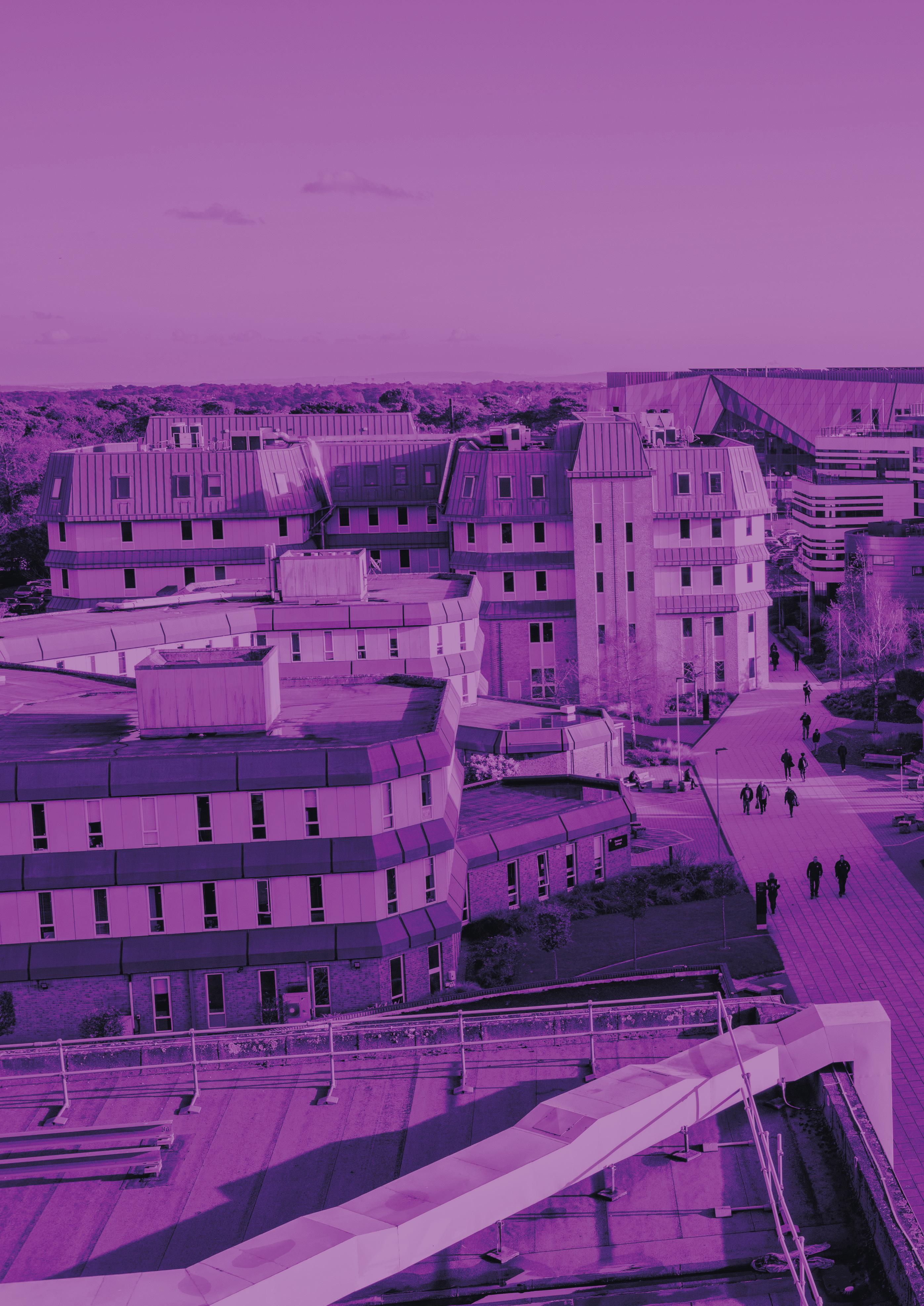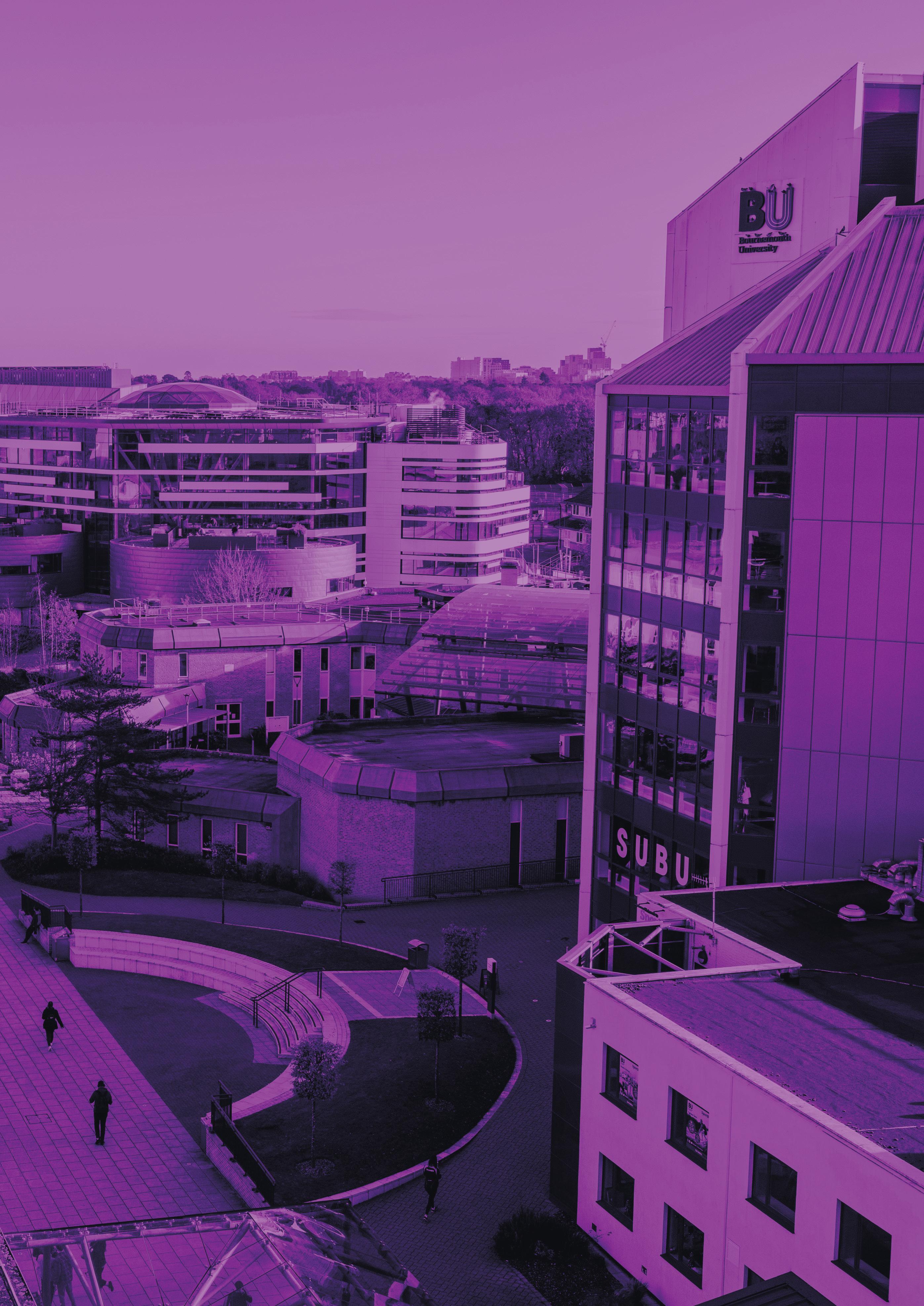
1 minute read
Carbon
Our target is to reduce carbon emissions by July 2021 by 40% compared to 2005/06. So far, we've reduced emissions by 45%.

James Fair Sustainable Media Production, Faculty of Media & Communication “Our students on BA (Hons) Film are continuing to make three-minute films based on the SDG's for their first assignment at BU. The assessment requires students to consider the SDGs and how they can be incorporated into the content of the films they make.” James' assessment mirrors the work of the BAFTA albert consortium, who accredit productions that reduce their carbon footprint.

Albert is leading a charge against climate change; bringing the film and TV industries together to tackle our environmental impact and inspiring screen audiences to act for a sustainable future. Albert works with UK universities, including BU, to arm students with the sustainability knowledge they’ll need when joining the screen industries. BU students will be able to earn a carbon literacy certificate as part of a short course running in early 2020. Look out for the albert 'footprint' at the end of TV programmes and movies.
Carbon
Our carbon emissions have reduced by 45% compared to our baseline of 2005/06, exceeding our target of 40% by July 2021. This reduction is mainly due to the installation of energy conservation measures, staff and student engagement and a marked decline in recent years of the National Grid electricity carbon factors (25%), reflecting the decarbonisation of the grid.
1,000 2,000 3,000 4,000 5,000 6,000 7,000 8,000 9,000 10,000 Carbon emissions (tonnes)

2005 2007
Total CO 2 emissions (tonnes) Target
2009 2011 2013 Year 2015 2017 2019
Climate change adaptation
Even if we manage to keep the increase in global temperatures below 1.5ºC, there will still be changes to the climate, such as more extreme weather events, that we must adapt to.
Recognising and acting on this, BU published its first Climate Change Risk Assessment, which assessed the impact of predicted extreme weather events on business operations and included actions to maintain our business continuity and resilience. This work contributed to the publication of the EAUC/Hebcon/Aecom sector guides. Source: https://www.eauc.org.uk/climate_change_adaptation










